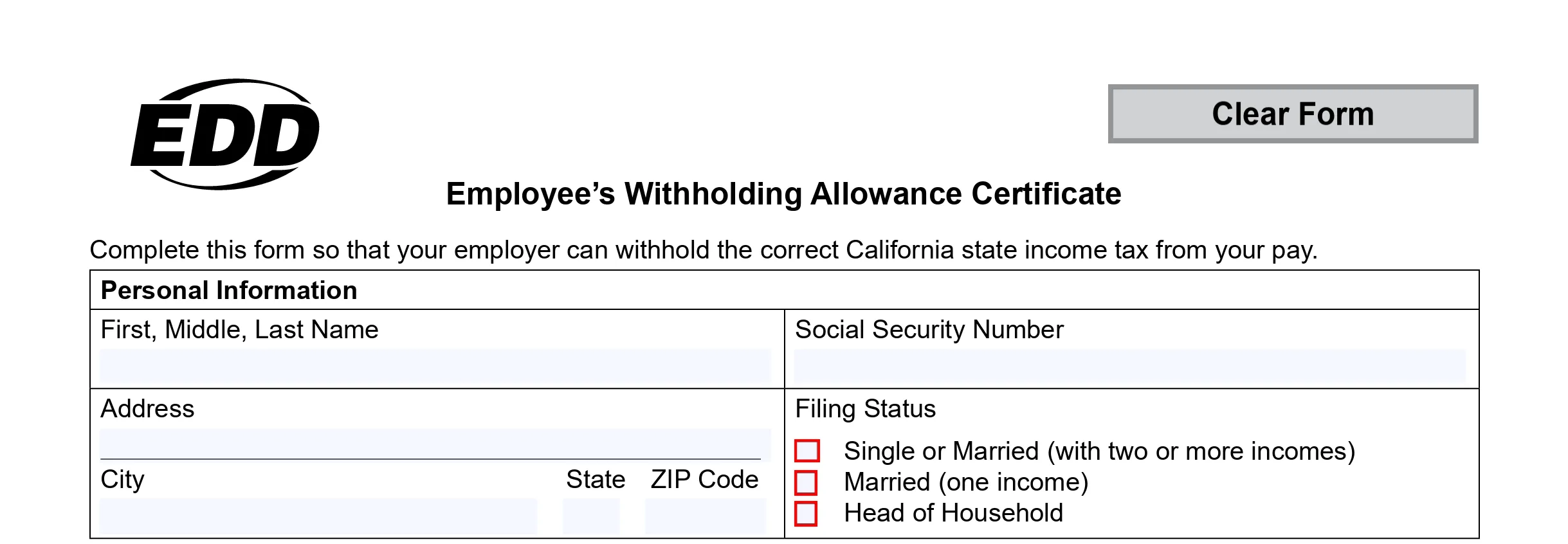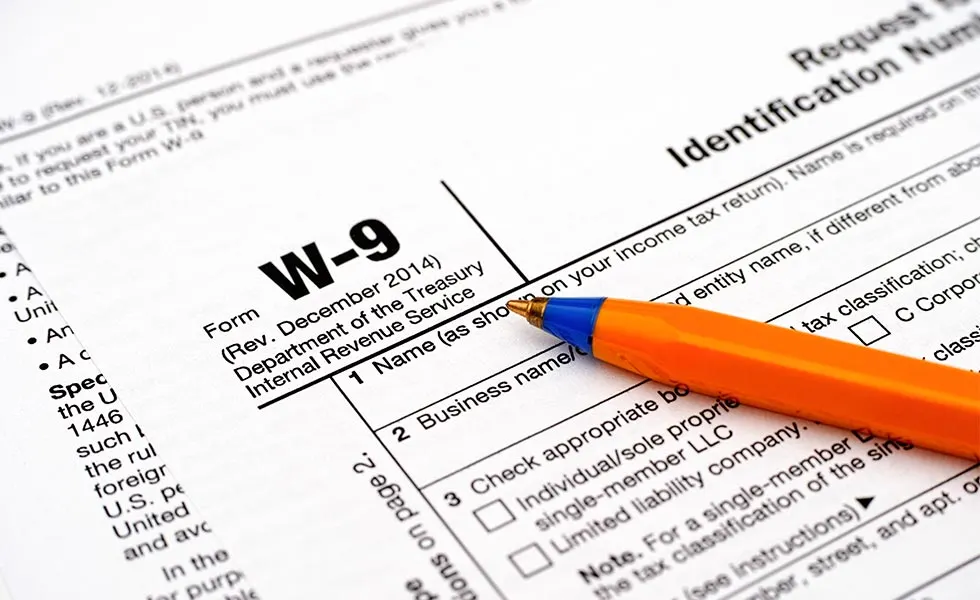How to know if the IRS is contacting you and not a scammer?
How to know if the IRS is contacting you and not a scammer?
Aug 31, 2022
Identity thieves and scammers are becoming more and more prevalent. you are not an exception when it comes to identity theft. They may contact you through fraudulent phone calls, emails, texts, or messages on social media.
If the IRS wants to contact you, most of the time, they send a letter or written notice to you in advance. Depending on the situation, IRS employees may first call or visit you. Here's how you can know if a person calling or visiting your home or place of business is a legitimate IRS employee or an imposter.
What the IRS does:
1.The first thing the IRS does is mail a notice or letter to you. After that, the IRS may call you.
a. You can search IRS notices by visiting Understanding Your IRS Notice or Letter. However, not all IRS notices are searchable on the site.
b. You may check their Secured Online Account or contact the IRS to confirm the legitimacy of a notice.
c. They may call you.
d. You will generally first receive several letters from the IRS in the mail before receiving a phone call. However, there are circumstances when the IRS will call, including when you have an overdue tax bill, a delinquent or unfiled tax return, or have not made an employment tax deposit.
2.IRS revenue officers and agents may make in-person visits.
If someone from the IRS visits you should always ask for credentials or identification. IRS representatives can always provide these two forms of official credentials:
IRS-issued credentials (also called a pocket commission) and an HSPD-12 card (it is a governmentwide standard form of identification for federal employees). Visit How to Know if it’s Really the IRS Calling or Knocking on Your Door for more information.
What the IRS does not do:
1.The IRS doesn’t initiate contact with you by email to request personal or financial information.
As mentioned above, the IRS initiates most contacts through regular mail. If you receive an unsolicited fraudulent email that appears to be from either the IRS, you can report it by sending the email as an attachment to [email protected]. Check The Report Phishing and Online Scams for more details.
2.The IRS doesn’t send text messages or contact people through social media.
The IRS does not send text messages including shortened links, asking the taxpayer to verify some bit of personal information. The IRS also does not use text messages to discuss personal tax issues, such as those involving bills or refunds.
If you receive an unsolicited SMS/text that appears to be from either the IRS or a program closely linked to the IRS, you can report it by sending the email as an attachment to [email protected] with the following information:
- Date, time, and time zone they received the text message.
- Phone number that received the text message.
Other things the IRS will never do:
- The IRS does not leave pre-recorded, urgent, or threatening voice messages. Additionally, the IRS (and its authorized private collection agencies) will never:
- Call to demand immediate payment using a specific payment method such as a prepaid debit card or gift card. The IRS does not use these methods for tax payments.
- Threaten to immediately bring in local police or other law-enforcement groups to have the taxpayer arrested for not paying.
- Demand that taxes be paid without giving you the opportunity to question or appeal the amount owed. You should also be advised of your rights as a taxpayer.
- Ask for credit or debit card numbers over the phone.
- Threaten to bring in local police, immigration officers, or other law enforcement to have you arrested for not paying. The IRS also cannot revoke a driver's license, business license, or immigration status. Threats like these are common tactics scam artists use to trick victims into buying into their schemes.



